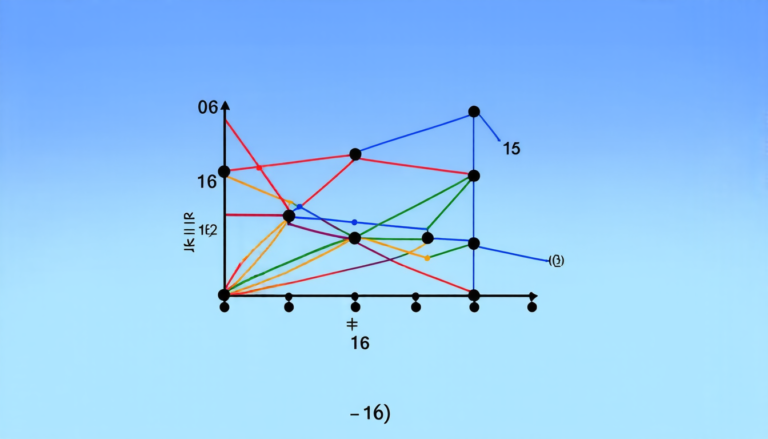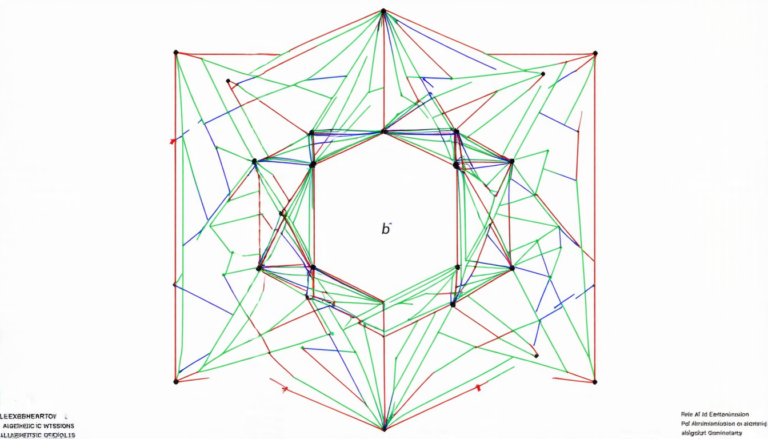Wednesday 09 April 2025
A team of researchers has made significant progress in understanding how cancer cells adapt and evolve to resist treatment, a crucial step towards developing more effective therapies.
Cancer is often treated as a static disease, but in reality, it’s a dynamic and ever-changing entity. Cancer cells are constantly evolving, adapting to the treatments they’re given and finding ways to survive and thrive. This phenomenon is known as evolutionary rescue, where the cancer cells evolve faster than the treatment can keep up.
In a recent study, researchers used mathematical models to simulate how cancer cells respond to different treatments. They found that when treatment is applied, it’s not just the cancer cells themselves that adapt, but also the environment in which they live. This means that even if a patient is receiving effective treatment, the cancer cells can still evolve and become resistant.
The researchers used this knowledge to develop new strategies for treating cancer. They found that by introducing variability into treatment protocols, such as changing the timing or dosage of medication, it’s possible to slow down or even reverse the evolution of resistance.
One of the key findings was that the optimal treatment strategy depends on the specific characteristics of the cancer cells and the patient. For example, if the cancer cells are highly aggressive, a more intense treatment may be needed to keep them at bay. On the other hand, if the cancer cells are slower-growing, a less intense treatment may be sufficient.
The study also highlighted the importance of considering the patient’s overall health when developing treatment plans. Cancer patients often receive multiple treatments simultaneously, which can have a cumulative effect on their bodies. By taking these factors into account, doctors can develop more personalized and effective treatment plans that take into account the unique needs of each patient.
In addition to improving cancer treatment, this research has broader implications for understanding how diseases evolve and adapt to our attempts to treat them. It highlights the importance of considering the dynamic nature of disease in developing new treatments and therapies.
The study’s findings have significant potential to improve outcomes for cancer patients. By developing more effective and personalized treatment strategies, doctors can help patients achieve better responses to treatment and reduce the risk of resistance. This is a crucial step towards achieving long-term survival rates for cancer patients.
Cite this article: “Unlocking Cancers Evolutionary Secrets: A Mathematical Framework for Optimal Treatment Strategies”, The Science Archive, 2025.
Cancer, Treatment, Adaptation, Evolution, Resistance, Disease, Dynamics, Personalized, Therapy, Survival







